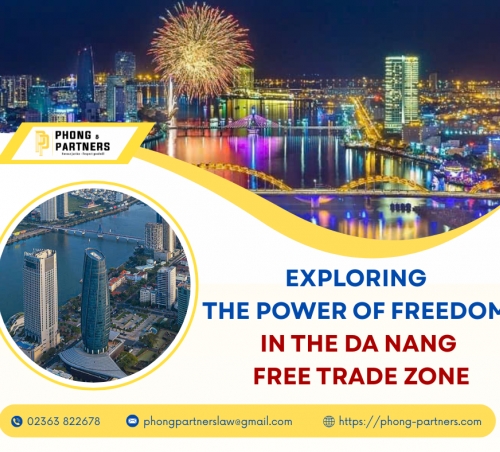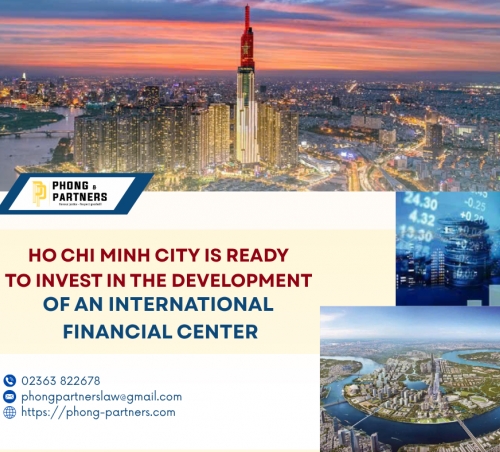This is not John Hoysradt's first time in Vietnam. Back in 1966, he came to Vietnam for military service after being drafted. Two years later, John returned home, haunted by memories of a brutal and meaningless war. The sense that his “eighteenth year had been wasted” lingered with him throughout his life.
Back in the U.S., John worked as a supervisor in the aviation sector and retired in 2016. Since then, memories of Vietnam resurfaced, along with curiosity about how the painful land had changed.
In mid-2019, John traveled alone to Ho Chi Minh City. He was immediately struck by the city's development. “Vietnamese people welcomed me warmly far more warmly than I had expected. At first, I was very worried about how they would react when they found out I was an American veteran”, John recounted.

John Hoysradt on a trip to Ha Long. Photo: Provided by the person
During his seven-month stay in Vietnam, he discovered a community of American veterans like himself in Da Nang. All of them were retired and volunteered in Vietnam, working with orphanages, hospitals, or organized charitable programs such as providing books and bicycles to children in rural areas.
“What we witnessed during the war made us want to help Vietnamese children, especially those affected by Agent Orange”, John said. “We want to close this chapter of the war in our hearts”.
Upon returning to the U.S., John arranged everything to move to Vietnam permanently. However, COVID-19 delayed his plans until March 2022. On his third visit to Vietnam, he traveled to Phu Quoc, Ho Chi Minh City, and eventually chose Da Nang, which he describes as “the most livable city”.
John loves the children at the center that cares for Agent Orange victims in Da Nang. He often participates in events featuring a small band to raise funds for them. “These kids give my life purpose and joy every day”, the American veteran said.
Matthew Keenan, a board member of Veterans for Peace (VFP), estimates that there are currently hundreds of people like John. They have chosen Vietnam for retirement and engage in activities to ease the lingering memories of a war that ended 50 years ago. VFP was founded in 1985, with its Vietnam chapter established in 2009. The latest figures show that the organization has around 8,000 members.
American veterans returning to Vietnam primarily focus on fundraising programs and distributing resources to support activities related to Agent Orange and unexploded ordnance, as well as funding centers for the blind, hospitals, orphanages such as Friendship Village, and housing renovations.
Many have married in Vietnam and lead stable lives, while others regularly travel between the U.S. and Vietnam.
Over the past five years, the number of VFP members coming to Vietnam has declined due to family issues, some having passed away, or requiring specialized medical care in the U.S. According to preliminary statistics from Matthew Keenan, the youngest veteran of the Vietnam War is now at least 73 years old, with most over 75.
“I have yet to see anyone leave Vietnam because they did not like life here”, he said.
Richard Brown, 76, a former Marine, has lived in Vietnam for nearly 25 years. Previously, he served at Chu Lai (Quang Nam) with the F4 fighter squadron of the U.S. Navy in mid-1969. In February 1972, he was discharged and returned to the U.S.
In 2001, a friend invited Richard to Singapore. During that trip, he unexpectedly changed his plans and applied for a visa to Vietnam. He hired a motorbike taxi to revisit places he had been during the war and witness the changes firsthand. Richard met veterans and families from both sides of the war.
Since then, Richard has returned to Vietnam every four months. He met and married a woman from Da Nang. After retiring from the Federal Aviation Administration (FAA), Richard moved to Vietnam as a technical representative for aircraft leasing companies.
He recalls initially encountering reserved reactions when people were reserved when they learned he was an American veteran. Richard says he understood their reaction. However, after only a few months, their friendliness and generosity overcame everything. He has some very close friends during his years working in Hanoi.
After suffering a stroke and heart attack two years ago, Richard officially retired. If he had stayed in the U.S., Richard thinks he would have ended up in a nursing home or elderly care facility. But in Vietnam, as the oldest member of his community, he is always respected and cared for. He realized Vietnamese people deeply value family and never turn their backs on others in difficult times.
“I feel completely at home in Vietnam”, he said. Richard appreciates the close-knit community in Da Nang neighborhoods where people look out for each other. “Also, it is easy to maintain a decent lifestyle on my pension”, he said.
John shares the same view. Several times a week, he wakes up at 5 a.m. to exercise with the elderly club. Over time, his Vietnamese friends have outnumbered those he has in America, even though his Vietnamese is only good enough to order food in restaurants.
“I think I will spend the rest of my life in Vietnam”, he said.
Source: https://vnexpress.net/nhung-cuu-binh-my-chon-viet-nam-de-nghi-huu-4879129.html















